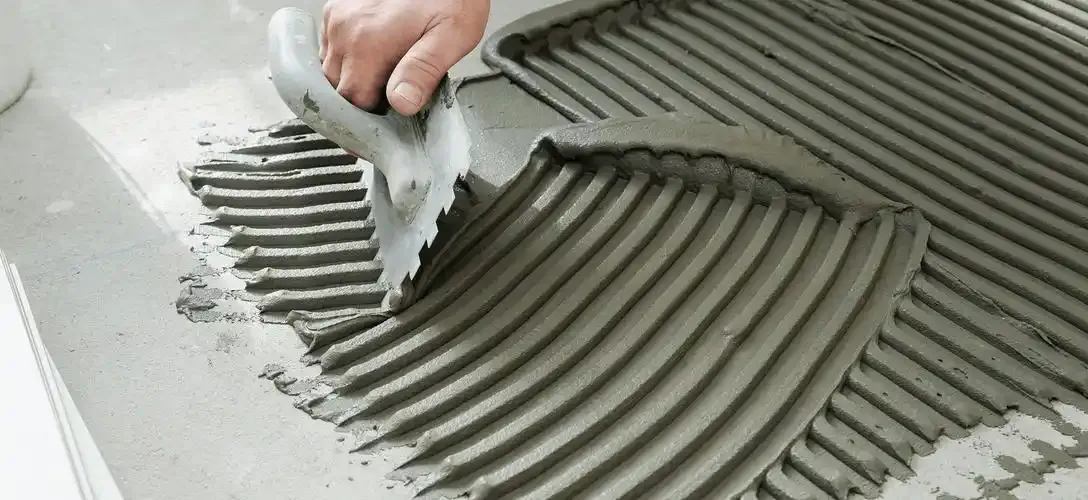
Exploring Modified Starches: Innovations and Applications in Industrial and Personal Care
In today’s industrial and consumer goods sectors, modified starches have become essential functional ingredients. Among the most widely used types are hydroxypropyl starch ether, hydroxyethyl starch 130 0.4, and hydroxypropyl starch phosphate, each offering unique properties tailored for specific applications.

The Rise of Modified Starches in Modern Industry
Hydroxypropyl starch ether is commonly used in construction materials like tile adhesives and dry mortar due to its excellent thickening, water retention, and workability-enhancing properties. It plays a key role in improving product stability and ease of application. On the other hand, hydroxyethyl starch 130 0.4 is primarily used in the medical field as a plasma volume expander. With a specific molecular weight and substitution ratio, this form of hydroxyethyl starch provides effective volume expansion and fluid balance in clinical treatments.
Meanwhile, hydroxypropyl starch phosphate is valued for its emulsifying and stabilizing capabilities in both industrial and cosmetic formulations. It works well in systems that require pH stability, which makes it a preferred additive in formulations ranging from lotions to food-grade coatings.

Specialized Applications: From Haircare to Plant-Based Alternatives
Modified starches have not only gained popularity in industrial processes but also in personal care. For example, hydroxypropyl starch phosphate for hair is used in shampoos and conditioners to provide a silky texture and enhance the smoothness of hair strands. Its conditioning and anti-frizz properties help improve combability and moisture retention, making it a natural choice for eco-conscious haircare brands.
Another exciting development is the use of hydroxypropyl pea starch. Derived from legumes, this plant-based modified starch offers excellent viscosity and stability, making it an attractive alternative in vegan, gluten-free, and allergen-friendly products. It is gaining traction in both food and cosmetic industries for its sustainability and performance.
In response to increasing demand, several manufacturers have focused on modified starch innovation. A good example is HPS company, which specializes in the production and R&D of hydroxypropyl and hydroxyethyl starch derivatives. Companies like HPS are at the forefront of creating cleaner, more sustainable, and high-performance additives tailored to global market needs.
The versatility of these starches extends across sectors. Hydroxyethyl starch uses range from pharmaceuticals and medical drips to industrial thickeners and film-forming agents. Their function as safe, biodegradable polymers makes them indispensable in the modern chemical landscape.
FAQs About Modified Starches and Their Uses
What is hydroxypropyl starch etherused for?
Hydroxypropyl starch ether is widely used in construction materials, especially dry mortar and tile adhesives. It improves workability, water retention, and overall application performance.
What does hydroxyethyl starch 130 0.4refer to?
Hydroxyethyl starch 130 0.4 refers to a medical-grade starch derivative with a specific molecular weight (130 kDa) and degree of substitution (0.4). It is commonly used as a plasma volume expander in hospitals.
How is hydroxypropyl starch phosphateused in cosmetics?
Hydroxypropyl starch phosphate for hair is found in conditioners and shampoos. It smooths hair fibers, improves manageability, and adds a soft, touchable finish without harsh chemicals.
What is hydroxypropyl pea starchand where is it used?
Hydroxypropyl pea starch is a plant-based thickener and stabilizer used in food and cosmetics. It offers a sustainable, non-allergenic alternative to traditional starches, with good performance in heat and pH-sensitive systems.
What does HPS companyspecialize in?
HPS company is known for producing a range of modified starches, including hydroxypropyl and hydroxyethyl derivatives. They serve various sectors like construction, food, personal care, and pharmaceuticals.
-
Hydroxypropyl Starch as a Sustainable Construction AdditiveNewsNov.24,2025
-
The Gelation Properties of CMCNewsNov.21,2025
-
Redispersible Latex Powder and Water Retention CapacityNewsNov.21,2025
-
Dosage Control for Polycarboxylate Water ReducerNewsNov.21,2025
-
Film-Forming Properties of Polyvinyl AlcoholNewsNov.21,2025
-
The Function of Gypsum Additives in MortarNewsNov.21,2025





















